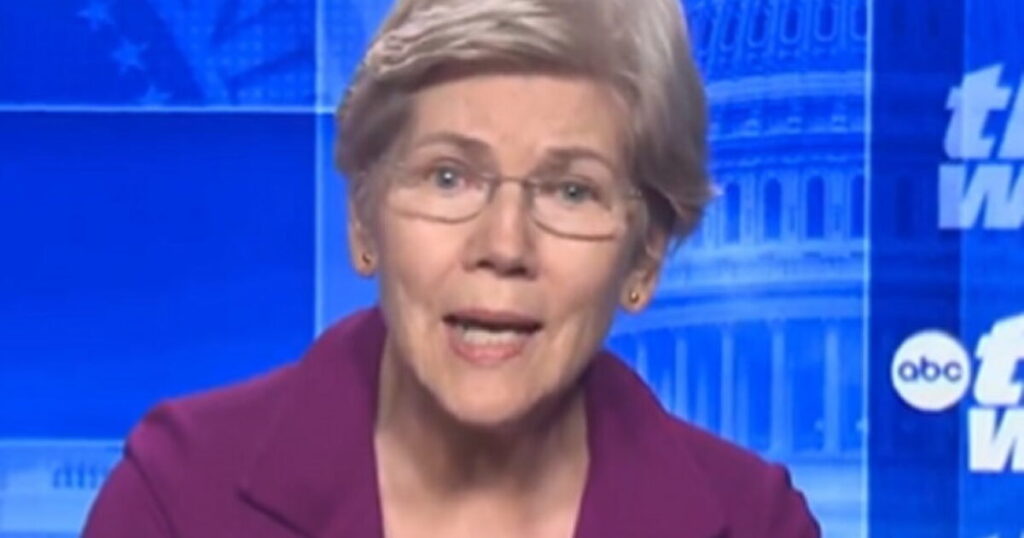In a recent controversy, Massachusetts Senator Elizabeth Warren has drawn considerable attention on social media following her criticisms of Donald Trump’s nominee for Secretary of Defense, Pete Hegseth. Warren characterized Hegseth as merely a co-host of “Fox & Friends,” omitting any mention of his extensive military experience, commendations, or educational background. The dismissive tone of her tweet has been perceived as a reflection of elitist attitudes among Democrats, which many believe contributed to electoral setbacks for the party. Warren asserted that Hegseth’s appointment would compromise national security, claiming that her qualifications as chair of the Senate military personnel panel provided her the authority to speak on the matter.
The backlash against Warren has been swift and intense, with a multitude of users on Twitter/X defending Hegseth and rebuking the Senator for her condescension. Many commentators highlighted Hegseth’s impressive credentials, which include over 20 years of military service, two Bronze Star medals, and degrees from both Harvard and Princeton. This led to accusations that Warren’s critique stemmed more from political bias than any real concern over Hegseth’s qualifications. Critics pointed out that if Warren felt unqualified, given her own controversial ancestry claims, she should reconsider her position in the Senate.
Social media reactions emphasized Hegseth’s achievements, noting his combat experience and well-documented honors, which starkly contrasted with Warren’s accusations. Users underscored the importance of recognizing the dedication and sacrifices made by military personnel, challenging Warren’s framing as unfair and uninformed. The conversation illustrated broader frustrations with political figures who overlook expertise in their zeal to make partisan points. The sentiment shared by many was that Hegseth’s military background and service to the country should be acknowledged and respected, regardless of political affiliations.
The debate over Warren’s statements also has the underlying theme of identity politics, particularly given her own checkered history regarding claims of Native American heritage. Accusations from various users drew attention to her past, with reminders that she had faced scrutiny for allegedly misrepresenting her racial identity to advance her career. This narrative of hypocrisy has further fueled the backlash, suggesting that Warren’s critique of Hegseth may have been misguided given her own tumultuous relationship with issues of merit.
Additionally, many Twitter users highlighted the condescending terminology Warren used in her tweet, such as “weekend co-host” of “Fox & Friends,” which they claimed was intentionally belittling. This language was interpreted as unhelpful and indicative of an elitist mindset that creates a divide between the political elite and everyday Americans. The backlash aligns with a larger discourse surrounding respect for service members and the values of humility and recognition within political dialogue. The tension reveals a growing frustration with politicians who disregard the nuanced realities of military service for the sake of political gain.
In conclusion, the exchange over Elizabeth Warren’s tweet reflects a complex interplay of political rivalry, identity politics, and the respect owed to military service members. With Hegseth’s distinguished record facing disparagement from Warren, reactions on social media illustrate a robust defense of honor and service that many voters hold dear. This incident may serve as a reminder to political figures about the implications of their rhetoric and the importance of recognizing merit and achievement, particularly in conversations involving those who have served in the armed forces. As political discourse becomes increasingly polarized, the need for respectful dialogue around qualifications and service may never have been more vital.

